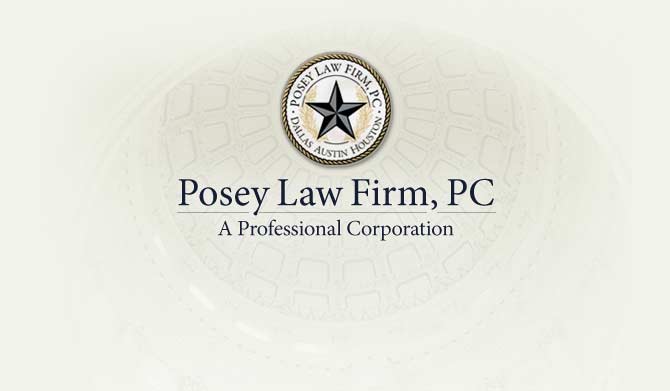During a time of rapid social change, many people aren't sure how their behavior can impact their work, or if making a decision about an employee is violating law. There is a significant disconnect between federal and state labor and employment laws, and employment law from state to state. Business leadership is trying to keep a workforce that is engaged and productive, amid disparate calls for civil rights protections, immigration challenges, calls for diversity and inclusion, and a rising sense of social conflict.
Employee and employer relationships are changing as well, with the rise of the gig economy, outsourcing, and technological disruption. Challenges such as the rising cost of employer-sponsored health care and retirement funding are limiting the agility of businesses.
In this rapidly changing environment, two things remain unchanged. Business depends on an engaged and productive workforce, and people want to keep their jobs. It is in the interest of both business leadership and employees to be very clear about values and beliefs, and expectations regarding employee behavior outside the workplace. It is the responsibility of business leadership to ensure that these standards and business values do not violate employee rights.
Freedom of speech does not mean there are no consequences of free speech. It is simply that there is legal redress if this freedom is impinged. Individuals with opinions are members of families, communities, and are sometimes employees. If identified with a business, an employee may find a personal belief or opinion is impacting their employer in a negative way. That negative press can have significant, measurable consequences for a business. In order to protect a business value or reputation, an employer does have the right to limit employees' social behavior. This can include specific negative consequences, including being fired, if employees engage in behavior or speech that allows them to be identified, and with that identification, impacts the workplace.
Civil rights protections, including gender, race, sexual orientation, and ethnicity, just as free speech, simply detail a means of legal redress if these rights are violated. Issues of harassment, bullying, and other behavior that can be construed as threatening or criminal falls outside of acceptable in every workplace. These behaviors destroy the cohesive nature of a workforce, and reduce engagement and employee satisfaction, as well as opening both employees and the business to legal action.
Specific expectations and behaviors should be detailed carefully during onboarding and during training, to ensure that the values and beliefs of the business do not conflict with employees' personal behavior and everyone understands the expectations of their employer.
A legal consult can ensure that business practices and standards are not in conflict with current state and federal employment and labor law.


